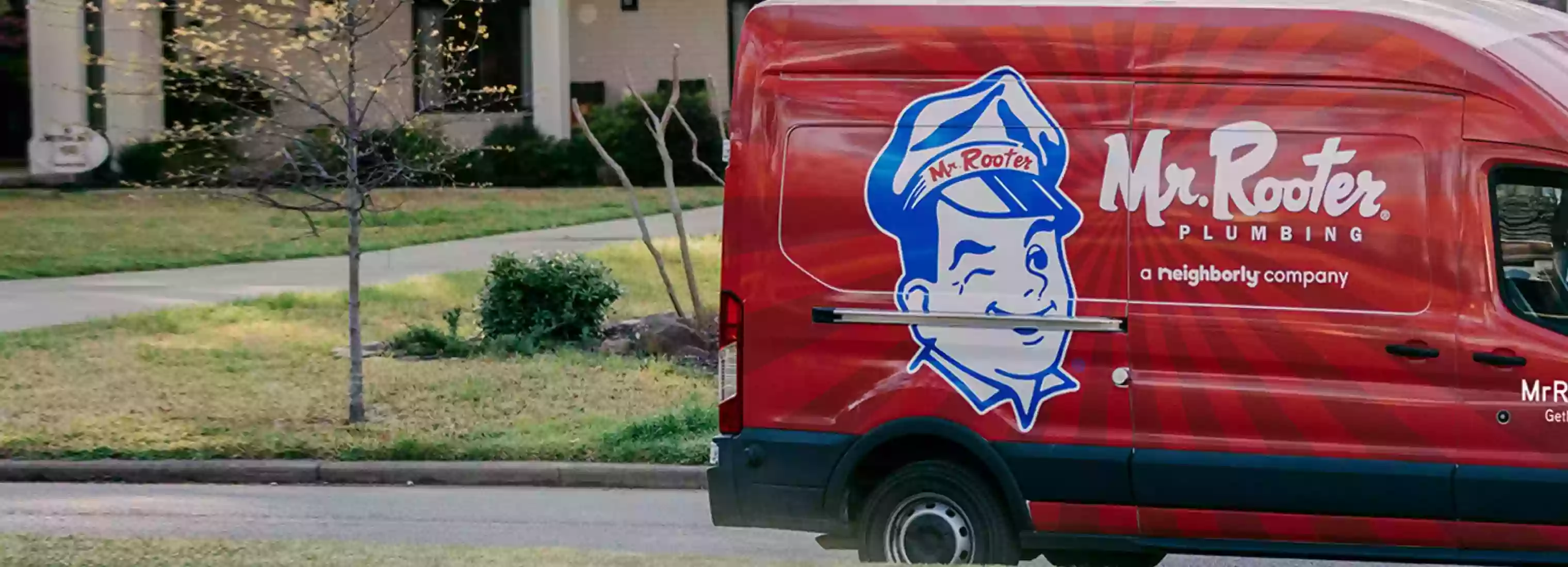Septic Tank 101
Septic tanks are used in 25- to 30- percent of American homes, according to the Environmental Protection Agency (EPA). Small towns, rural areas, the suburbs, and many other areas that have no connection with main sewage pipes rely on septic systems to help treat their sewage.
So what does a septic tank do exactly..? And why is it important to keep your septic tank in peak condition with check-ups and maintenance by professionals in the business..? A septic tank, in essence, is a large holding tank where human waste can decompose into its component parts. This involves a bacterial environment (anaerobic or aerobic) that breaks down wastes and allows for recyclable portions to be returned to nature while the dangerous parts of the waste can be pumped off and disposed of properly. A septic system is composed of three parts, which include the tank, distribution box, and leach field. Apart from the tank – and without going into too great detail – the distribution box helps to distribute the wastewater into what’s known as the leach field. The wastewater first comes into the tank from the home and separates into sludge (which sinks) and scum (which floats up). The clear water that forms between these two is then filtered out by pipes into the distribution box, and then out into the nearby leach field, or what’s known as the drain field. The sludge is then pumped out by truck and taken away to be disposed of in the proper manner. And that – in a simple nutshell – is how your septic tank works.
Now, preventative maintenance is par for the course with your septic tank, which when cared for in the right way, can last for many, many decades. In many areas, this maintenance is an actual requirement by law. And if you think about it, why not follow the guidelines and keep your septic tanking running at its optimum level..? If you don’t, you may actually face bigger repairs down the line which will take more money out of your pocket. To get the most out of your septic tank system, check out Mr. Rooter of Greater Syracuse for all your septic tank and plumbing needs. You’ll be happy you did…
In the next installment, we’ll take a look at the potential problems you may face with your septic tank. Read on!
 Click to call
Click to call


